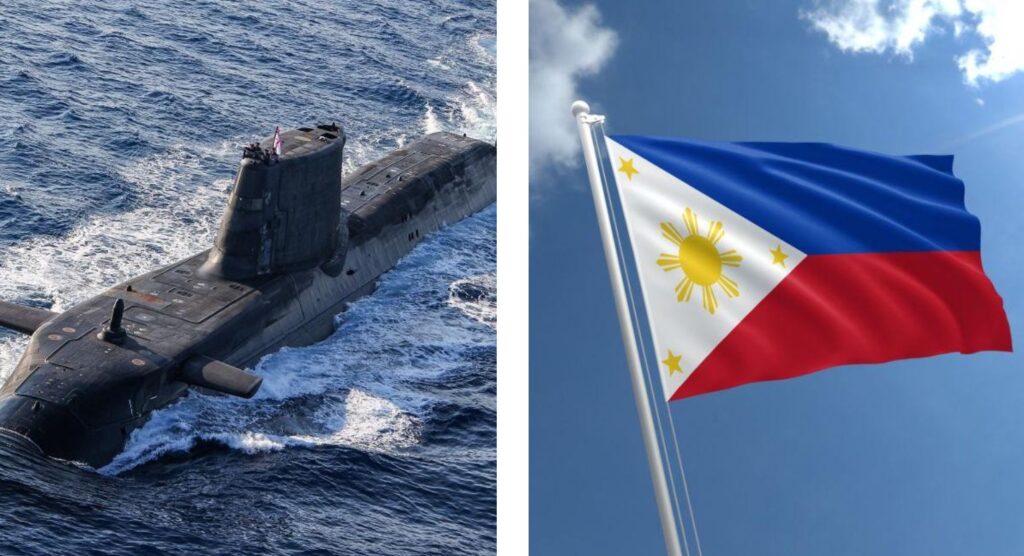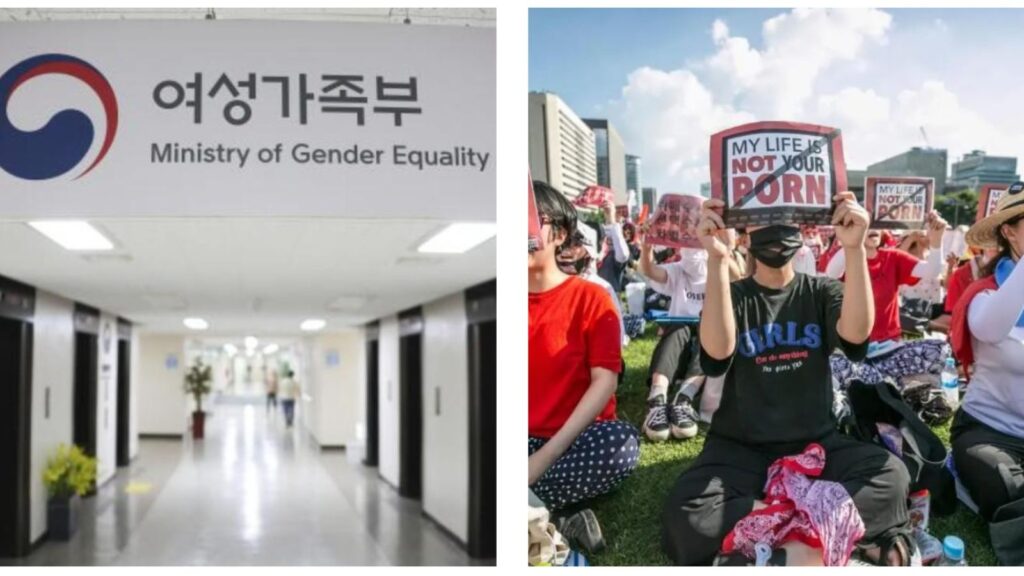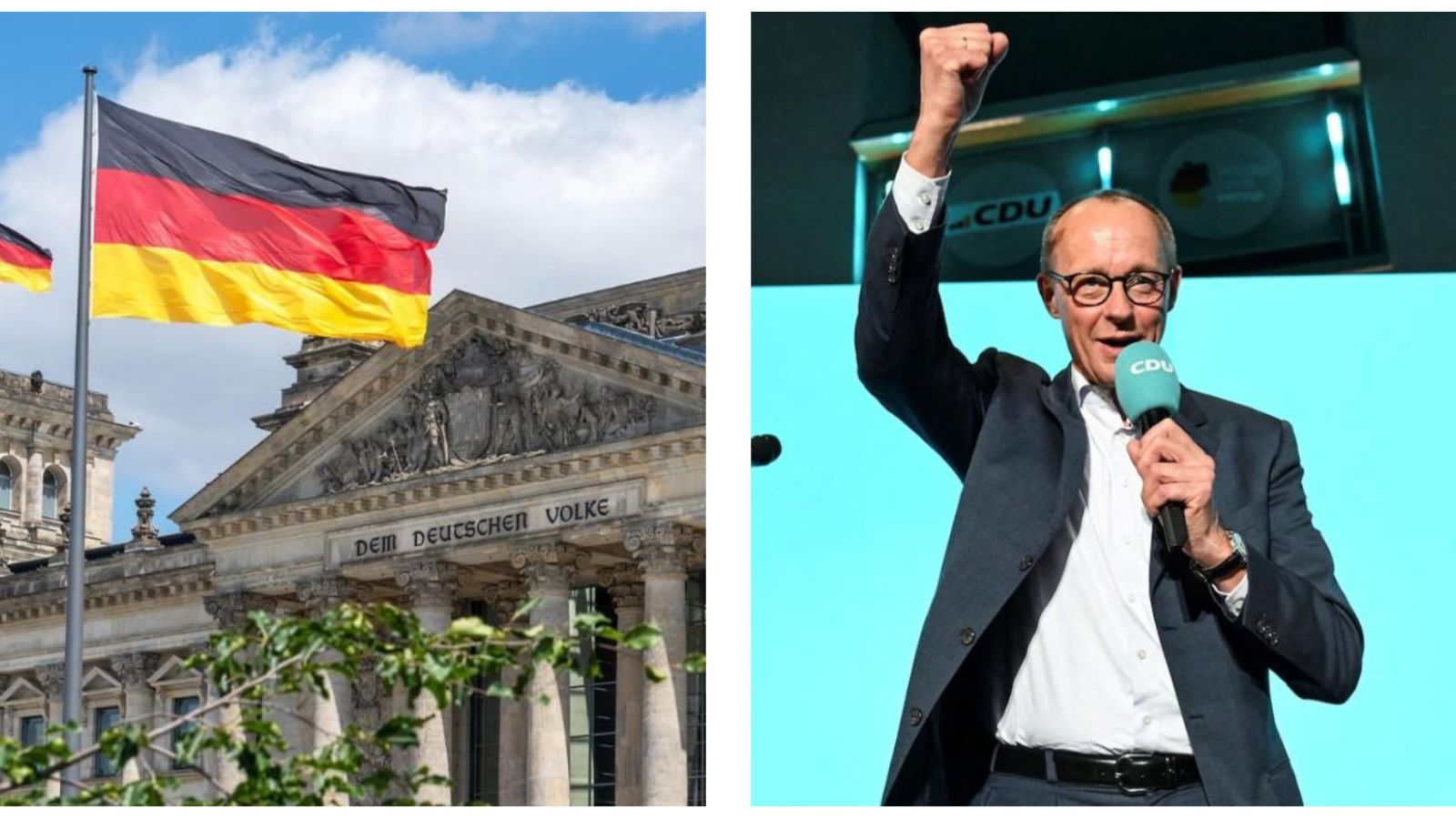By Elan Castañares
As a new German government prepares to take office, the country faces a significant shift in its foreign policy away from reliance on the United States and towards self-defence.
Such a change marks the start of a new era for Germany, which will no longer maintain its traditional role as an economically powerful but geopolitically cautious nation, according to Deutsche Welle.
A new dawn in German foreign policy
Germany’s long-standing foreign policy, shaped by its post–World War II commitment to multilateralism and close co-operation with Western allies, is facing major challenges.
The United States, traditionally responsible for Germany’s security, has begun questioning its role in Europe.
At the recent Munich Security Conference, US Vice President JD Vance stated that it is time for Europe to pay for its own defence costs.
Those comments prompted numerous reactions, including from soon-to-be chancellor Friedrich Merz, who expressed concern over changing security dynamics and the supposed questioning of democratic institutions by the US.
READ MORE: Philippines eye ‘dream’ submarines as tensions with China escalate

Reorientation and rearmament
Roderich Kiesewetter, foreign affairs spokesperson of the Christian Democratic Union (CDU), argues that Germany must focus on its own national and economic interests, especially as countries like China pose growing threats to democratic states.
Kiesewetter emphasised the need for a clear strategic reorientation in foreign and security policy, advocating for a tougher stance on China and greater self-reliance.
Another crucial aspect of Germany’s shifting foreign policy is the urgent need to strengthen its military capabilities.
Green Party lawmaker Anton Hofreiter has estimated that the costs of rearmament could reach up to €500 billion. CDU leader and election favourite Merz echoed that sentiment, calling for Germany to take on a leadership role in Europe, in particular to counter Russian aggression and ensure the stability of European infrastructure.
The government is already investing in the rearmament of its military by way of a special €100 billion fund for the Bundeswehr, which will be depleted by 2028.
From that point, defence spending could rise sharply, potentially doubling the current annual budget.
Debate is underway about how to finance the coming increase, with some calling for additional debt while others suggest cuts in other areas of the national budget.
YOU MAY ALSO LIKE: Prominent names floated in debate over Pope Francis successor

Ukraine and the Middle East
The ongoing war in Ukraine complicates Germany’s foreign policy, according to Deutsche Welle.
Following Russia’s invasion, Germany became one of Ukraine’s key supporters.
However, as negotiations for an end to the war begin, there is growing speculation that Germany – along with some other European nations – could be called upon to play a more direct role in maintaining peace with their own military presence.
A recent poll revealed that nearly half of Germans support the deployment, although the final decision remains uncertain.
While Germany’s focus will shift towards strengthening its own defence, its foreign policy in the Middle East is expected to remain largely unchanged.
Germany will continue to uphold Israel’s right to exist and advocate for a two-state solution for Israel and Palestine, despite the growing challenges to this goal.
READ NEXT: South Korea builds victim support as deepfake sex crimes evolve

New Government coalition
Germans may have to wait until the spring for the new government as coalition negotiations take place after Sunday’s election.
Agence France-Presse reports that Merz’s CDU would require a junior coalition to reach a majority.
“If we spend weeks, possibly months, possibly with party conferences and even member surveys, then the period in which this country is without a majority capable of governing will be too long for me,” Merz said in an interview.
Merz might end up working with incumbent chancellor Olaf Scholz’s Social Democratic Party to form a ‘grand coalition’.
However, Scholz, whose coalition with the Greens and the Free Democratic Party collapsed last November, is unlikely to join.
Another option for Merz is to invite the Greens into a coalition, but this is opposed by the CDU’s Bavarian sister party, the Christian Social Union.
YOU MAY BE INTERESTED IN: ASEAN 2025: From declarations to delivery
